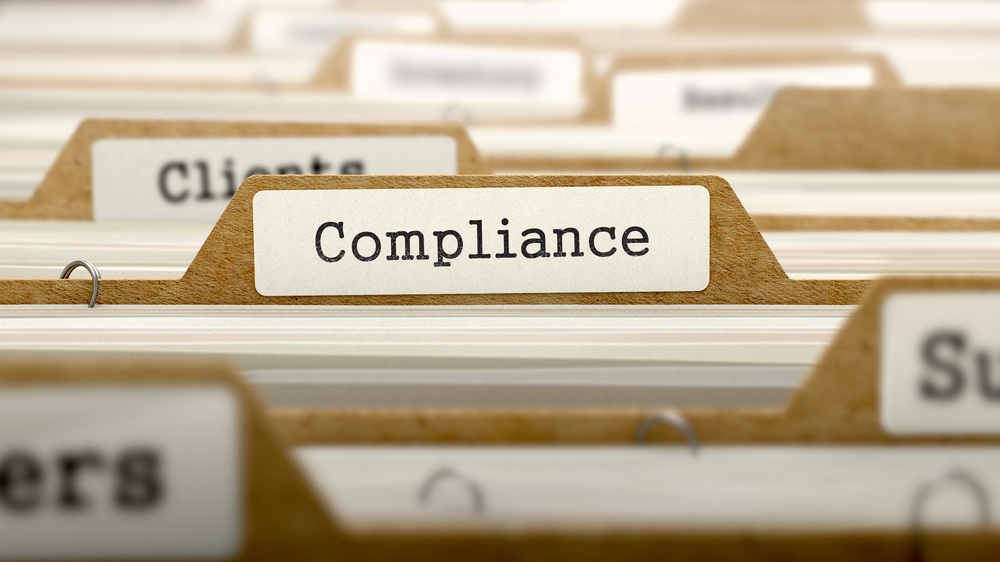
Updated 20th February 2019
We consider compliance important enough to be our C in a continuing series of posts where we cover the A-Z of fleet management. This applies to any business activity, but of course we are particularly concerned with vehicle activity as it pertains to work and fleet management.
Compliance means conforming to a rule, a policy, a standard or a law. Organisations should ensure that they take steps to comply with the relevant laws, policies and regulations of not only their country but also their working environment and industrial sector—fleets are no exception.
Fleet compliance is specifically about keeping your drivers safe on the road and your business on the right side of the law. Several directives belonging to fleet management are strictly related to fleet compliance:
Fleet maintenance:
Keeping vehicles in roadworthy conditions in order to operate safely and efficiently. According to legislation, companies might be liable if adverse events such as accidents happen and involve other road users; and if vehicles are found to be faulty and it is demonstrated that servicing has not been taken care of, a company might incur serious consequences. Compliance is achieved via regular maintenance schedules and daily walk-around checks.
Driver hours:
There are established rules for drivers that govern the time they spend driving on the road and the compulsory breaks they need to take in order to ensure they can continue driving safely. Driving hours cannot be exceeded and the rules of the road have to be respected: companies can be prosecuted if authorities discover a breach in any of these rules.
Duty of care:
All companies have to provide a safe place of work for their employees. With regards to fleets, vehicles are generally considered extensions of the workplace.
The UK Health and Safety at Work Act 1974 stipulates that employers have a “duty to ensure so far as is reasonably practicable the health, safety and welfare at work of all employees”. The Management of Health & Safety at Work Regulations 1999 obliges employers to make comprehensive risk assessments of possible injury to employees or members of the public as a result of a company’s business activity; inform employees of any identifiable risks; provide the necessary training to recruits on how to minimise risk, or whenever an employee’s responsibility changes, and ensure that training is kept up as frequently as necessary.
The Irish Safety, Health and Welfare at Work Act, 2005, infers that it has always been a common law duty for employers to provide as safe a place of work as practicable.
Vehicles used for business:
If you allow drivers to use business vehicles for personal use as well as work, there are implications that you should definitely be aware of and logbooks that need to be kept updated in order for your company to file records in the appropriate way. This is also an aspect of compliance and any negligence in this area could lead to serious consequences that will ultimately affect your finances.
Driver training:
As part of the duty of care responsibilities, it is not only important that drivers are in possession of the necessary certifications and licences and are authorised to drive the vehicles they are driving, but that their conduct is also monitored so as to manage risks and their training is continuous in order to make them aware of how they should keep their workplace (in this case the vehicle) safe.
See how our free checklist app can help you with compliance.


